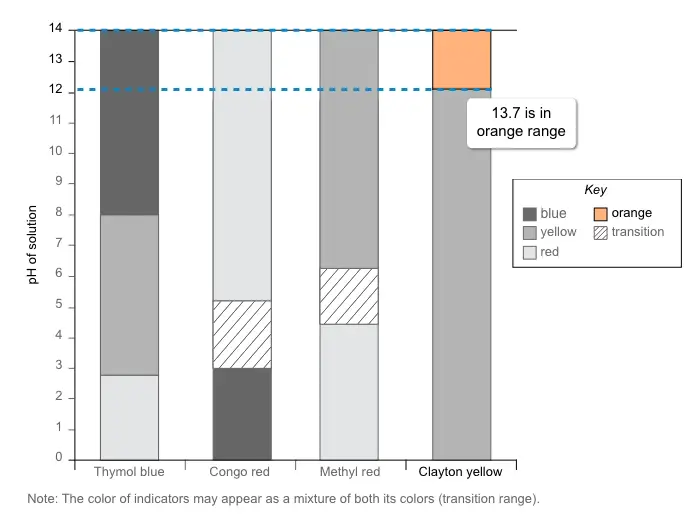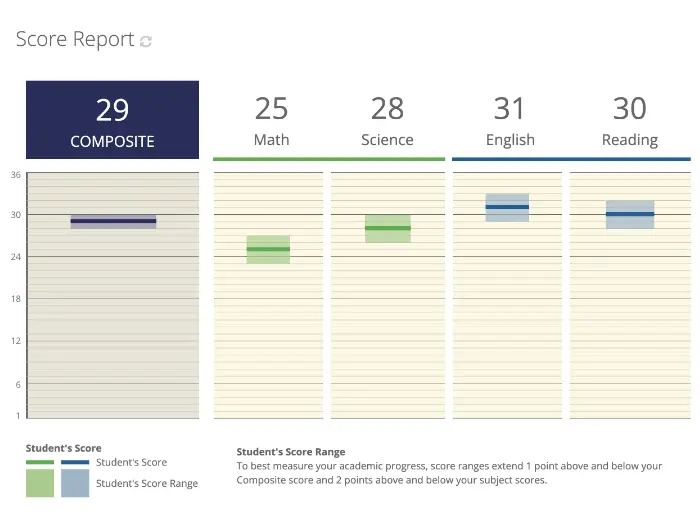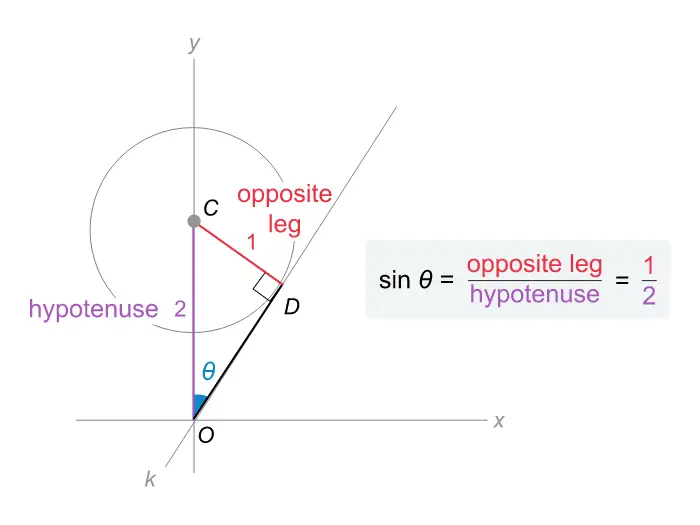
Are you planning to take the ACT® but unsure of the topics it will cover? We have got your back! This guide will provide you with a thorough analysis of the ACT syllabus and what to anticipate on the test. We will discuss the structure of each ACT subject, the types of questions you may see, and the abilities that each subject will be testing.
Before we talk about the ACT syllabus, let us take a look at the structure of the test. The following table highlights the flow of the test, the duration of the ACT sections, and the number of questions in each section. All the questions have multiple-choice answer options except the Writing section, which requires writing a long essay.
| Section | Number of Questions | Duration |
|---|---|---|
| English | 75 | 45 mins |
| Mathematics | 60 | 60 mins |
| Reading | 40 | 35 mins |
| Science | 40 | 35 mins |
| Total | 215 | 2 hours 55 mins |
| Writing Test (Optional) | 1 essay question | 40 mins |
Now that you know the breakdown of the test, let’s go through the ACT topics covered in each subject.
Practice with difficult questions so the real exam feels easy.


The first section of the ACT is the English Test. This section assesses your knowledge of grammatical rules like usage, punctuation, and sentence construction, as well as your conceptual understanding of the given passages. The questions pertain to a specific paragraph or the entire passage, and they are either detail, broad idea, or big-picture-based.
This test contains 75 questions to be answered for five passages in 45 minutes, giving you an average of 36 seconds per question. Each question has four multiple-choice answer options.
The three primary categories of questions the English test examines are as follows:
Through these questions, your ability to choose the correct term and maintain an essay’s style and tone by avoiding ambiguous pronoun references, wordiness, and repetition is tested.
The Math test is the second section of the ACT test. It evaluates the mathematical abilities that students have developed throughout their high school math coursework. Knowledge of basic formulas and computational skills can prove to be a great advantage on this test. This section of the ACT test checks your overall math aptitude and preparedness for an entry-level college course.
There are 60 questions on the Math test, which must be completed in 60 minutes, giving you an average of one minute per question. Each question has five answer choices to consider. Note that you will NOT be provided with math formulas on the ACT test; however, you are allowed to use a calculator on all questions.
Here is a description of each category and its question types:
This category focuses on your abilities to tackle more challenging problems. You are required to answer questions about rates and percentages, proportional relationships, area, surface area, volume, average and median, and various other concepts.
In this category, you will find questions about creating, analyzing, comprehending, evaluating, and enhancing models across all mathematical domains.
The third test on the ACT, the Reading test, evaluates your capacity to read, analyze, and synthesize information carefully. The passages on this test represent the kinds of text you might see in your first year of college. Let’s read in detail about what you can expect to see on the Reading test.
The Reading test has 40 questions and allows for 35 minutes, giving you 52 seconds per question. Each question has four answer choices to consider. The Reading test consists of four sections – three with one long passage and one with two short passages. The questions on this test measure your understanding of the following:
Here are the types of questions that you can find in this section:
The fourth test on your ACT is the Science test. It assesses your ability to comprehend, analyze, evaluate, reason, and solve problems in the natural sciences. The questions are based on concepts from biology, chemistry, earth/space sciences (geology, astronomy, and meteorology), and physics and require you to interpret charts, tables, figures, and graphs.
Much like the Reading test, the Science test consists of 40 questions attached to seven passages. You will have 35 minutes to complete the questions. Like other ACT subjects, this test also provides four answer choices to consider.
The information on this test is presented in the following ways:
There are mainly three types of questions on the ACT Science test. They are:
The optional Writing section on the ACT complements the English and Reading tests. The combined data from these three tests provides colleges with information about students' knowledge of standard written English conventions and their capacity to develop a writing sample.
A prompt is given to help you write the essay and develop your own perspective on the issue. This test lasts for 40 minutes. Your score is not affected by your opinions or the point of view you choose. Your ability to assess arguments and incorporate ideas is what you are graded on. Your essay should be clear and understandable, and a few minor spelling and punctuation mistakes won't affect your grade.
The following skills are measured on the Writing test:
To know the tips and tricks for covering all the ACT topics in time and making an effective prep plan, read our ACT study guide.
Now that you know everything about the ACT syllabus, you know how it is set up, what is being tested, and what kinds of questions to expect. This will make you feel more ready for the test and less nervous. Also, if you know what topics are on the ACT, you can make a study plan and focus on preparing for the test.